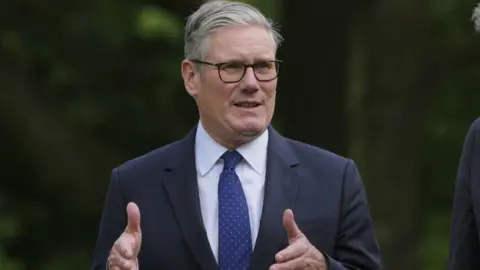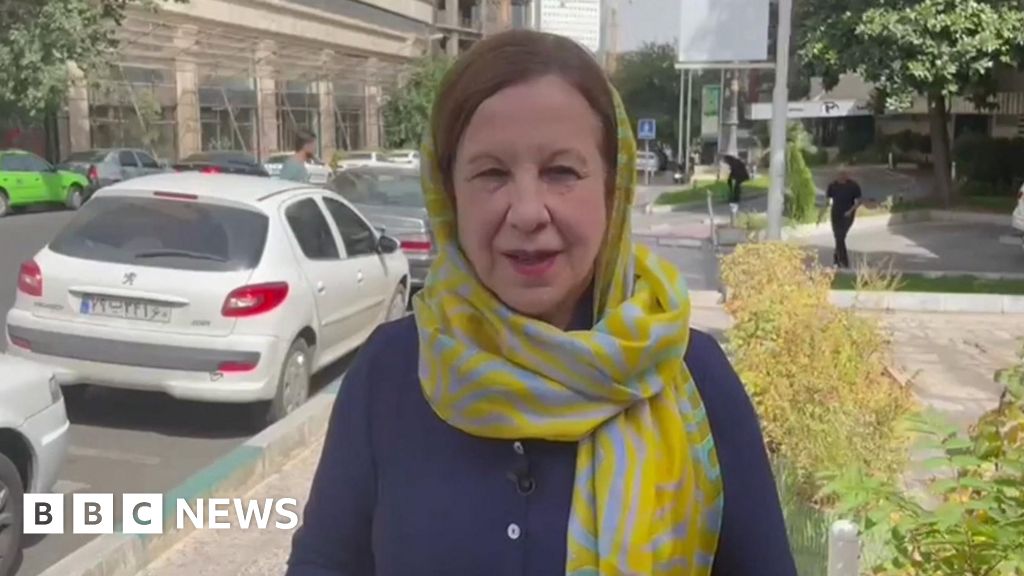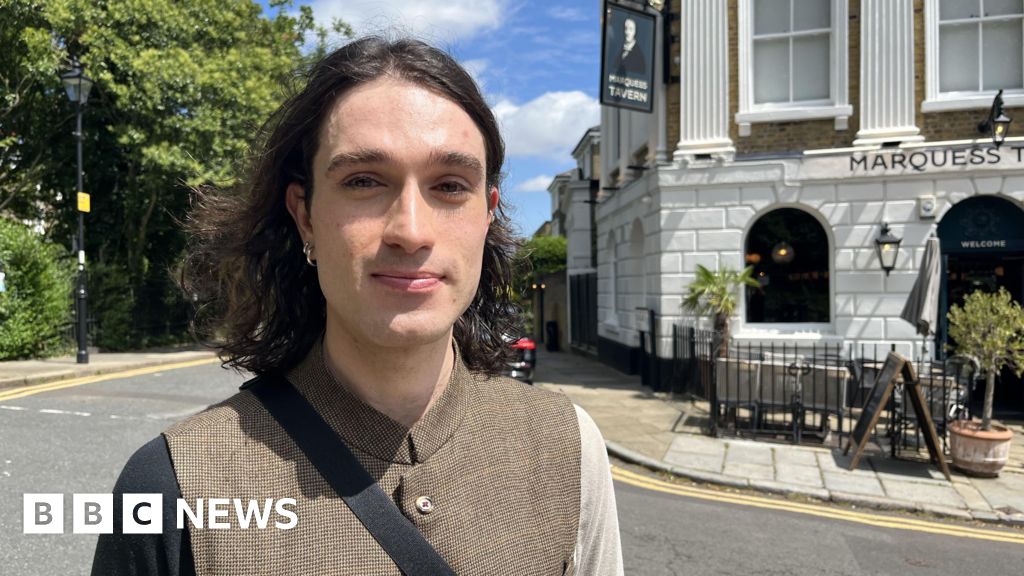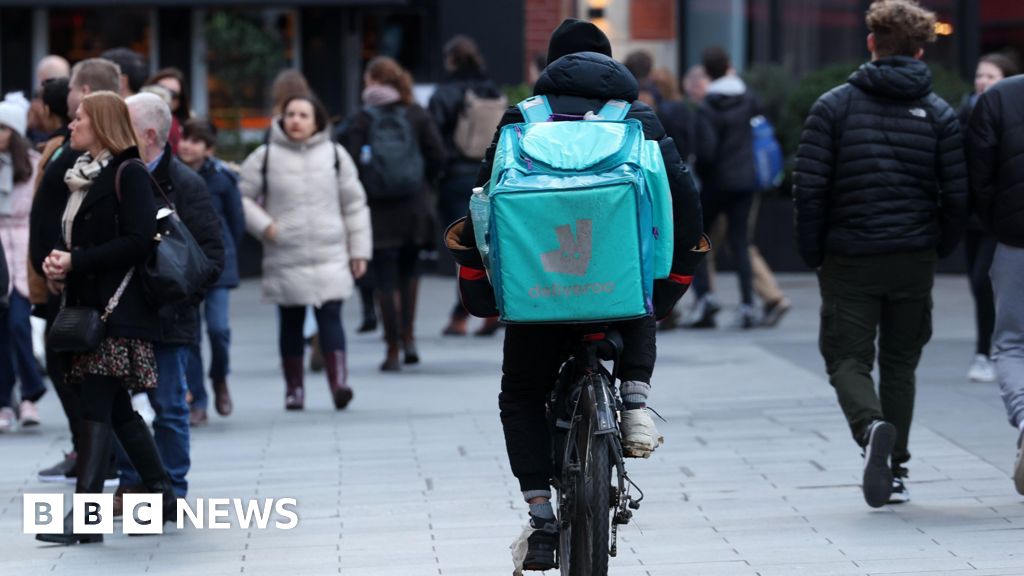Jack Fenwick
BBC News, political correspondent

 PA Media
PA Media
A growing number of Labour MPs are supporting a bid to block the government's planned welfare changes, despite ministers phoning backbenchers to persuade them to back down.
More than 130 MPs, including 122 Labour MPs, have signed an amendment that would give them the opportunity to vote on a proposal to reject plans to cut disability and sickness-related benefits payments to save £5bn a year by 2030.
Cabinet ministers are reported to be among those ringing round Labour MPs, calling on them to remove their names from the amendment. Only one Labour MP, Samantha Niblett, has removed her name from the list so far.
Sir Keir Starmer has vowed to "press ahead" with the welfare changes.
Those who signed the amendment opposing the government's welfare reforms include MPs from the 2024 intake, as well as those who were elected MPs before Labour's landslide election victory.
Labour MP Helen Hayes, who signed the amendment, denied it was any sort of confidence vote, saying "that's absolutely not the case".
"Nobody who has signed this amendment wants to be in a position next week of voting against the government," she said.
"We're asking the government, after many weeks of sharing our concerns privately, to listen to our concerns to avoid a situation next week where there's conflict."
A confidence issue is generally seen as similar to a test of whether the government still maintains its support in the House of Commons.
The names also include two MPs who were elected for Labour but have been suspended by the party - John McDonnell and Andrew Gwynne.
Other signatories are members of Northern Ireland's political parties as well as Rosie Duffield, who quit Labour to sit as an independent.
It is believed senior cabinet ministers, including Chancellor Rachel Reeves and Health Secretary Wes Streeting, called MPs who had signed the amendment to try to convince them to vote with the government.
Asked if a U-turn akin to the winter fuel payment was coming, Defence Secretary John Healey responded: "Our ambition is to see a system which better targets the support towards those who have the highest needs."
He told the BBC's Today programme: "We came into government to rebuild Britain. We came in to fix what's broken. This is part of the steps that we need to take if we want a system to protect the safety net."
The BBC's chief political correspondent Henry Zeffman said some cabinet members were "taken aback by quite how sour the mood is on this issue and fearful that might bleed into a broader problem for this Labour leadership".
A source close to the issue told the BBC on Tuesday night: "Once you take a breath, it is better to save some of the welfare package than lose all of it."
Andy Burnham, the Labour Mayor of Greater Manchester and former MP, said the government should listen to its MPs in the Parliamentary Labour Party (PLP).
"When the PLP delivers its collective wisdom in such numbers it is invariably right, and it is right on this," he said.
"When there was such unease that was so widespread and actually from really good people, from all parts of the party, the names, they were from all wings of the party.
"If I look back, if the government that I was in, had listened to the PLP it would have been a better government, because it would have made better decisions."
Parliament is due to vote on the government's welfare reform plans next week.
Labour MP Jake Richardson, who is supporting the government, said the current welfare system is "simply unsustainable".
"I would gently urge colleagues to step back, look at this unsustainable welfare situation we have at the moment," he said.
"They cannot like all the nice, easy spending money parts of welfare reform without accepting all the difficult decisions that come with that."
The latest British Social Attitudes report shows that 45% of respondent felt there should be more spending on disability benefits - the first time the figure has dropped below half since the question was first asked in 1998.
It is still up to the Speaker of the House of Commons Sir Lindsay Hoyle whether this specific amendment gets voted on, but that could now be more likely as a number of other MPs from parties including the SDLP and the DUP have also added their names to the list.
The welfare reform bill - called the Universal Credit and Personal Independence Payment Bill - will include proposals to make it harder for disabled people with less severe conditions to claim personal independence payment (Pip).
Speaking on Tuesday ahead of a meeting of Nato leaders, Sir Keir said he planned to "press ahead" with the welfare reforms, despite the objections from within his own party.
He said the current welfare system "traps people" on benefits, and was set to fuel "unsustainable" rises in the cost to taxpayers.











 English (US) ·
English (US) ·